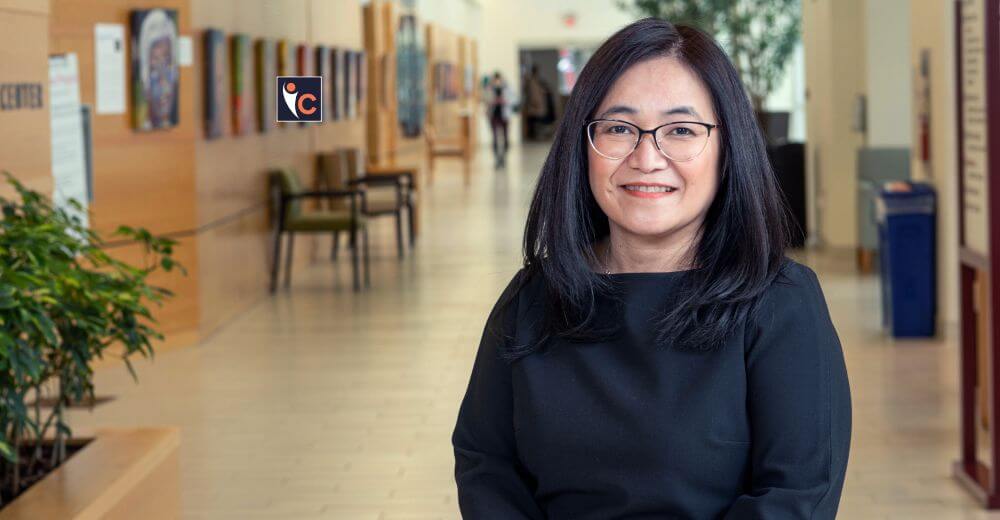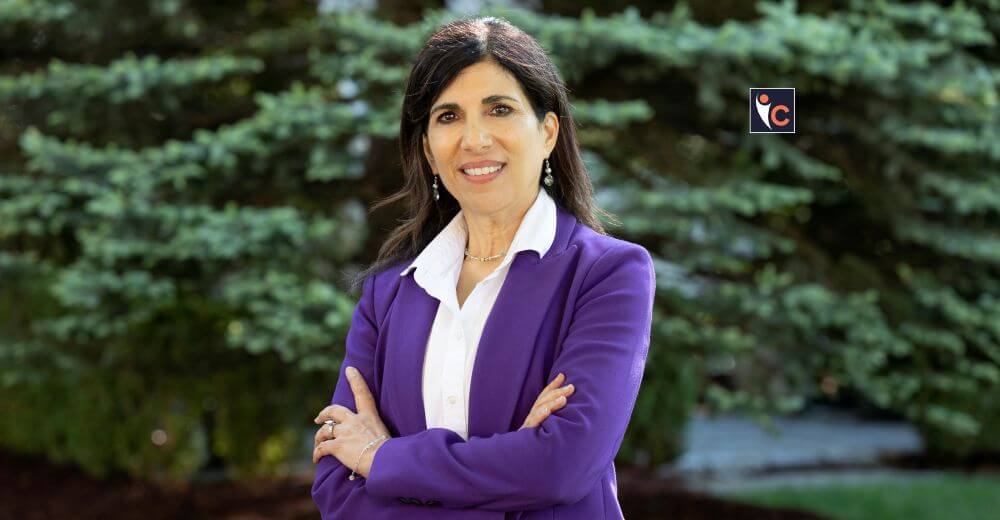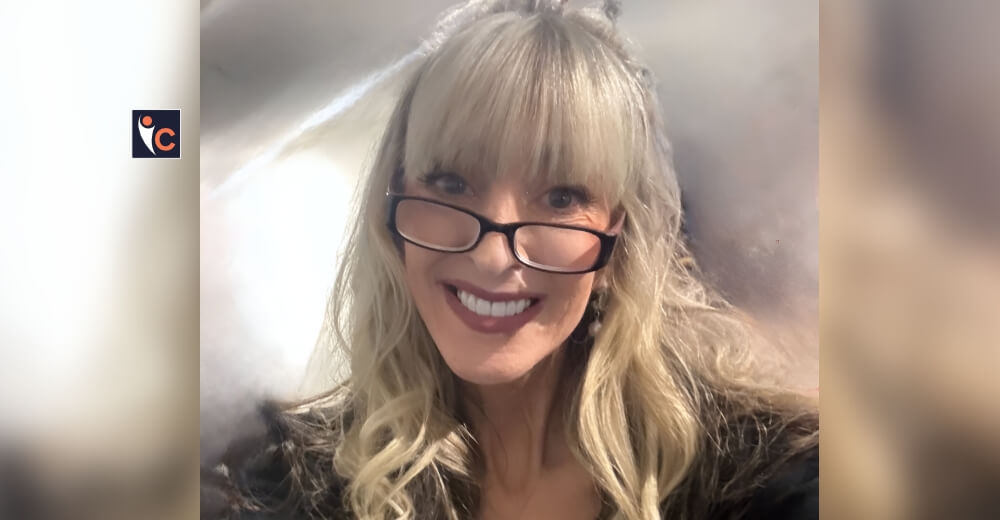Remember healthcare B.C.? (Before Coronavirus, that is …)
For most people — patients and physicians alike — the pre-pandemic health care experience looked quite different. Few organizations had invested in digital transformation. Telemedicine was, in early 2020, still untethered from the realities of clinical practice, where fax machines and clipboards cluttered cubicles; the concept of “Zoom” is still a foreign practice.
The COVID-19 outbreak rearranged healthcare incentives for everyone dramatically, fueling the widespread adoption of digital tools and infrastructures, in exchange for safe, essential interactions — almost overnight.
Today, telemedicine is the new normal. Why schlep to the “waiting room” when you can chat with your doctor from the comfort of your couch? Self-quantification is relatively commonplace (Did you take your temperature today? How many times?); a well-stocked supply of at-home diagnostics is a badge of honor
(How many rapid tests do you have in your bathroom cabinet?). Major healthcare systems and governing bodies are reframing what it means to teach, provide, and receive medical care. The verb “zoom” has been added to the Lexicon.
Our relationship with technology and data, especially in healthcare, will only deepen, as we emerge from the other side of an unprecedented crisis. An “Internet of Medical Things” — with sensors, machine-learning, and real-time personalized insights for optimal health — is a world within reach. Indeed, the changes set in motion by the COVID-19 pandemic could finally accelerate the democratization of proactive, personalized, precision medicine, for every person, globally.
Is AI The New MD?
Imagine a spreadsheet that shows your bloodwork results over time. A well-trained physician can easily assess trends in your data; how certain biomarkers rise or fall in response to a new medication or supplement you are prescribed, for example. But what about patterns that may emerge from a spreadsheet that tracks hundreds, thousands, or millions of health datapoints?
With such a vast database, the subtle trends unique to your health portfolio can be impenetrable to even the most sophisticated physician’s eye. These limitations do not exist with machine learning, however. Coupled with new access to wearables and sensors that can track extensive datasets related to individual health (sleep, nutrition, exercise, mood, blood sugar, hormones, heart rate variability, microbiome, genetic and epigenetic markers, to name a few), artificial intelligence brings the possibility of revolutionized patient care; enabling physicians to precisely and instantaneously identify, and predict, each individual’s health profile and trajectory, and effectively reverse-engineering disease patterns through “hyper-personalized” interventions.
The very notion of an extensive, individualized health database counters the way conventional medicine has evolved. By looking at a limited set of biomarkers over a vast cohort — n=10,000,000, for example — conventional evidence-based medicine looks at obvious trends applicable to the average. In contrast, the precision medicine of the future that I see, will leverage technology and artificial intelligence to gather millions of data points on each person, revealing trends that — while obvious at the individual level when n=1 — get squeezed out of conventional practice, lost in the tails of the “normal” bell curve.
Consider Body Mass Index (BMI), as an example. You probably see the charts, which reference body weight relative to height, still hanging on your GP’s door. Yet BMI is frequently meaningless. A petite, relatively thin-appearing person with 40% body fat, would have an excellent BMI, while a muscular, larger-appearing person with 15% body fat, would classify as obese, with BMI as the metric.
N-of-1 Medicine in Practice
Until recently, a health system built entirely on the individual has been implausible. In a world where most physicians have less than fifteen of facetime with a patient during an annual exam, and without machine learning, actionable “N-of-1” medicine — at scale — has been a pipedream.
Precision Medicine comes close. Initially presented by former President Barack Obama at his State of the Union address in 2015, the field of Precision Medicine has grown, especially in the field of oncology, where the discovery of genetic and epigenetic biomarkers has given rise to diagnostics and treatments that allow for early, proactive, and targeted disease treatment.
Closer yet, I’d argue, is the work I’ve begun in my own practice, where, for the past two decades, I have had to opportunity to explore such an approach more generally — that is, as it may benefit healthy individuals, as opposed to cancer patients.
Utilizing existing technology and robust patient records (thousands of biomarkers tracked systematically over years), we can create a clinical neural network on each person, and target precise actionable interventions to optimize each patient’s health as they age — everything from supplements, sleep patterns, and workouts, to preferred carbohydrates (yes, some microbiome profiles metabolize white bread more efficiently than the “healthy” stuff), and even caffeine intake optimization (driven in part by genetic markers).
As the dataset grows, the technology removes all the background noise, targeting only the most relevant data points for each person. Even with access to technology, the approach is still labor intensive, and expensive.
The growth of machine learning into mainstream health systems will change this, however, enabling physicians to scale personalized health services while driving cost savings, proactively reversing patterns of chronic illnesses — diabetes or heart disease, stroke, osteoporosis, Alzheimer’s, other forms of dementia, cancer, Parkinson’s, neurodegenerative disorders, — that comprise the majority of our almost $4 trillion healthcare budget.
Precise and measurable biomarker patterns that precede the onset of these disorders of aging exist, however. Machine learning, if we integrate it carefully, will give physicians the eagle-eye perspective, and time, to zero in on red flags in each person’s data, and “treat” patients, before they are sick. Healthy longevity should not be a game of luck. Optimal health is something we can predict and control — not unlike personal wealth — but with significantly more predictability than the stock market; and accessibility that reaches far beyond Wall Street.
Healthcare A.C. (after coronavirus, that is) is still evolving, and I hope that we leverage the momentum of a newly accepting, tech-savvy, tele-friendly, health-conscious audience to transform our sick-care model into true health care, once and for all.
About the Author
Florence Comite, MD
Dr Florence Comite is a leader in the fields of precision medicine, endocrinology, and anti-aging. Over the past two decades, she has established an international reputation for her nouveau-scientific approach to healthcare, which leverages omics data and technologies to create N-of-1Ô health care programs, designed to optimize healthy longevity. Headquartered in Manhattan, the Center for Precision Medicine and Health has additional N-of-1 labs in Palo Alto and Miami Beach. Dr Comite is scaling the data to Groq Health, a digital health platform for broader access.
Dr Comite completed her medical training and residency at the Yale School of Medicine. She was a fellow and associate at the National Institute of Child Health and Human Development at NIH, before joining the faculty at Yale, with a triple appointment in the Departments of Internal Medicine, Pediatrics, Obstetrics, Gynecology and Reproductive Sciences. Over the course of her 25-year tenure, she established Women’s Health at Yale, and developed patented therapies for osteoporosis, endometriosis, fibroid disease, and infertility in women and men.
In addition to her scientific clinical publications, Dr Comite is a well-cited expert in national lay media, including the New York Times, TechCrunch, Entrepreneur, and WCBS 880. She is the author of the Amazon bestseller, Keep It Up: The Power of Precision Medicine.















